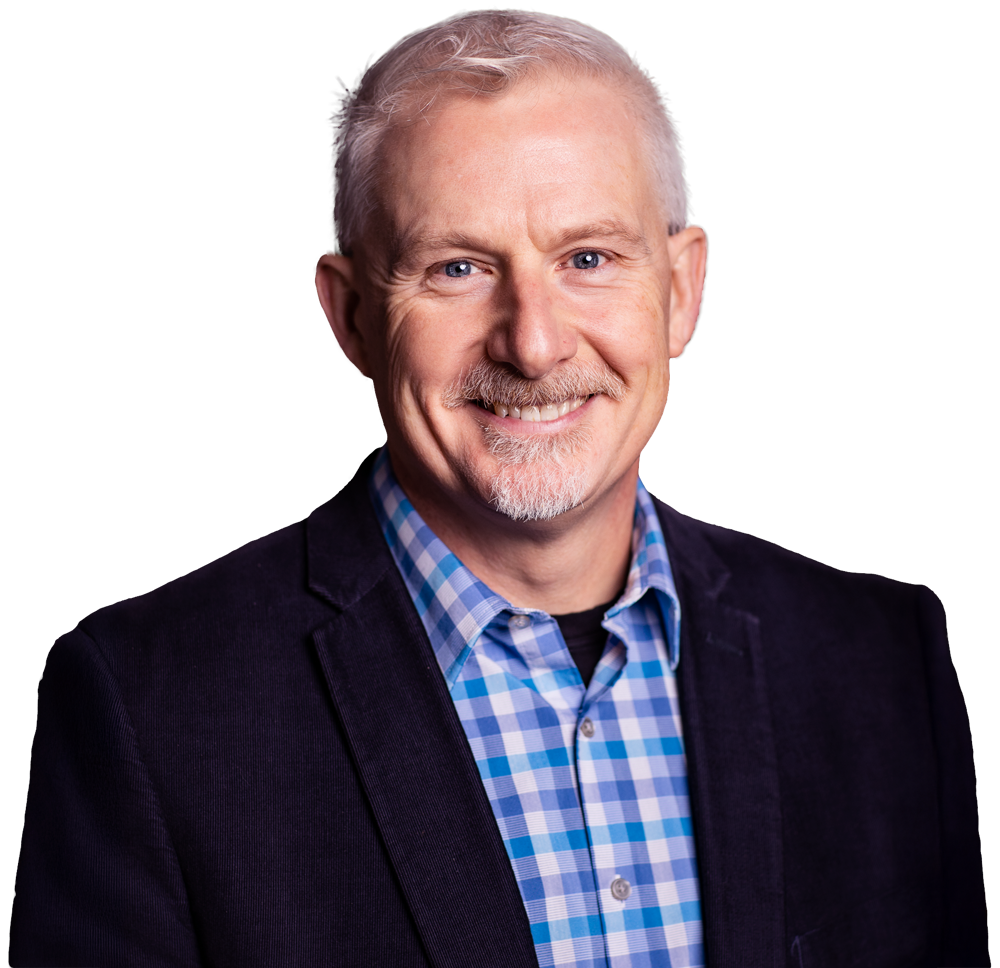Have you ever felt like you’re talking to a brick wall in a political conversation? It seems like we’re all just shouting past each other, and it’s time we started listening again. Over thirty years ago, Stephen Covey offered a simple but powerful piece of advice: “Seek first to understand, then to be understood.” This rule for communication feels more important than ever, yet it seems most of us have forgotten it.
In a country so divided by political battles, we’ve stopped listening to each other. Instead, we just broadcast our own opinions, assuming we already know what the other side thinks and why. This has created a toxic environment of misunderstanding where honest, productive conversation feels almost impossible. This isn’t just a problem between everyday people; it’s a behavior modeled for us by our leaders at the highest levels of government. We see it all the time in the fights between states and the federal government, or between politicians from different parties. It’s no longer enough to just disagree with a policy; now, the other side’s character and motives must be attacked.
A recent, clear example is the heated conflict between California Governor Gavin Newsom and the Trump administration regarding immigration enforcement and protests in Los Angeles. Tensions boiled over with the deployment of the National Guard, which Governor Newsom called “an unmistakable step toward authoritarianism” and a “manufactured crisis.” In response, those supporting the federal action accused the governor of promoting “chaos and lawlessness.”
In these situations, both sides use inflammatory language. Names like “dictatorial” and “lawless” are thrown around, turning a complex disagreement over jurisdiction and policy into a shouting match. The actual important issues—how to best manage immigration, the role of federal versus state power, and the right to peaceful protest—get completely buried under the weight of personal attacks. Neither side takes a moment to understand the genuine concerns of the other. We have a governor concerned about federal overreach and a presidential administration concerned about maintaining order, but instead of a negotiation, we get a public fight where each side just tries to score points.
This approach, where we reduce our opponents to caricatures instead of engaging with their ideas, is incredibly toxic. We see it in the abortion debate, where one side is unfairly labeled “baby killers” and the other is dismissed as “hateful bigots.” In both cases, the real, human reasons behind people’s deeply held beliefs are ignored in favor of easy, angry stereotypes. We’ve stopped listening to individual people and have started reacting to labels. This is the heart of the problem: we let assumptions and stereotypes take the place of genuine understanding.
The solution is as simple to state as it is difficult to practice: we have to make a conscious effort to listen with empathy, or as Covey said “Seek first to understand, THEN be understood”. This isn’t just about politely waiting for your turn to speak. It’s about actively trying to see the world from another person’s point of view. A practical way to do this is to use the “paraphrasing rule.” In a disagreement, before you can make your own point, you must first restate the other person’s argument in your own words, so clearly and fairly that they agree that you understand it. This simple act forces you to stop reacting to a label and actually engage with their ideas.
This need for understanding is especially critical for our leaders. A country this divided can’t be governed by rhetoric that only deepens the wounds. True leadership today isn’t about having the cleverest insult or the catchiest slogan. It’s about having the courage to be humble and to encourage understanding. A real leader would stand up and say, “Let’s try to understand the real concerns of the Americans we disagree with.” They would listen to different points of view not to score political points, but to genuinely learn. When our leaders choose to burn bridges for easy applause instead of doing the hard work of building them, they fail us.
The path to healing our divided nation doesn’t start with a new law or a new policy. It starts with the brave, challenging, and necessary act of listening.




